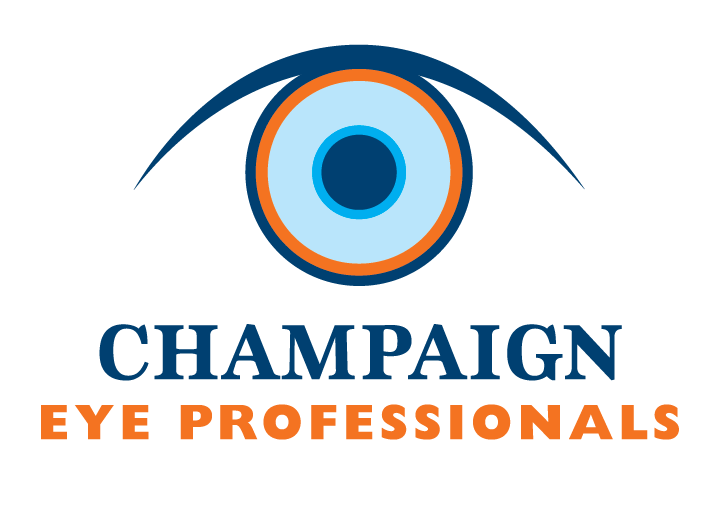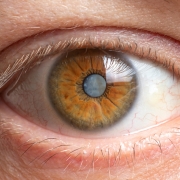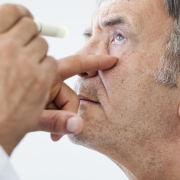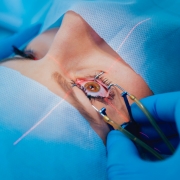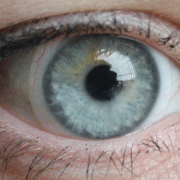What Do I Do If I Have a Cataract in One Eye?
If you have a cataract in one eye only, it’s normal to wonder how that will affect your overall vision. When one eye can compensate, you might even wonder how necessary it is to take action in the first place. We’ll look at how the cloudiness impacts your overall sight so you have a better idea of how to handle it.
Know the Facts
Cataracts in Champaign, IL, are essentially a yellowing of the lens in the eye. Much like a piece of paper might fade over time, so too will different body parts. If your other eye is crystal clear, you may not notice much of a change at first. This is partially because the dominant eye will take over and partially because some cataracts will move slowly.
Protect Your Eyes
No matter what your vision is like right now, though, there has never been a better time to protect it. Adding more fruits and veggies to your diet and wearing sunglasses every time you step outside should be the bare minimum. The more you kick into proactive gear, the fewer issues you’ll have down the line.
Consider Cataract Surgery in Champaign
Protecting your eyes won’t reverse the cataract; it will only (potentially) slow down the progression. Plus, there is no medication that can help you manage the symptoms. If you and youroptometrist in Champaign, IL, have seen that your vision is significantly impaired due to your cloudy outlook, cataract surgery is as safe as it is effective. One of the most common surgeries in the industry, it’s a fast outpatient procedure with around a 99% success rate. Contact Champaign Eye Professionals to learn more about it to see how we can help.
